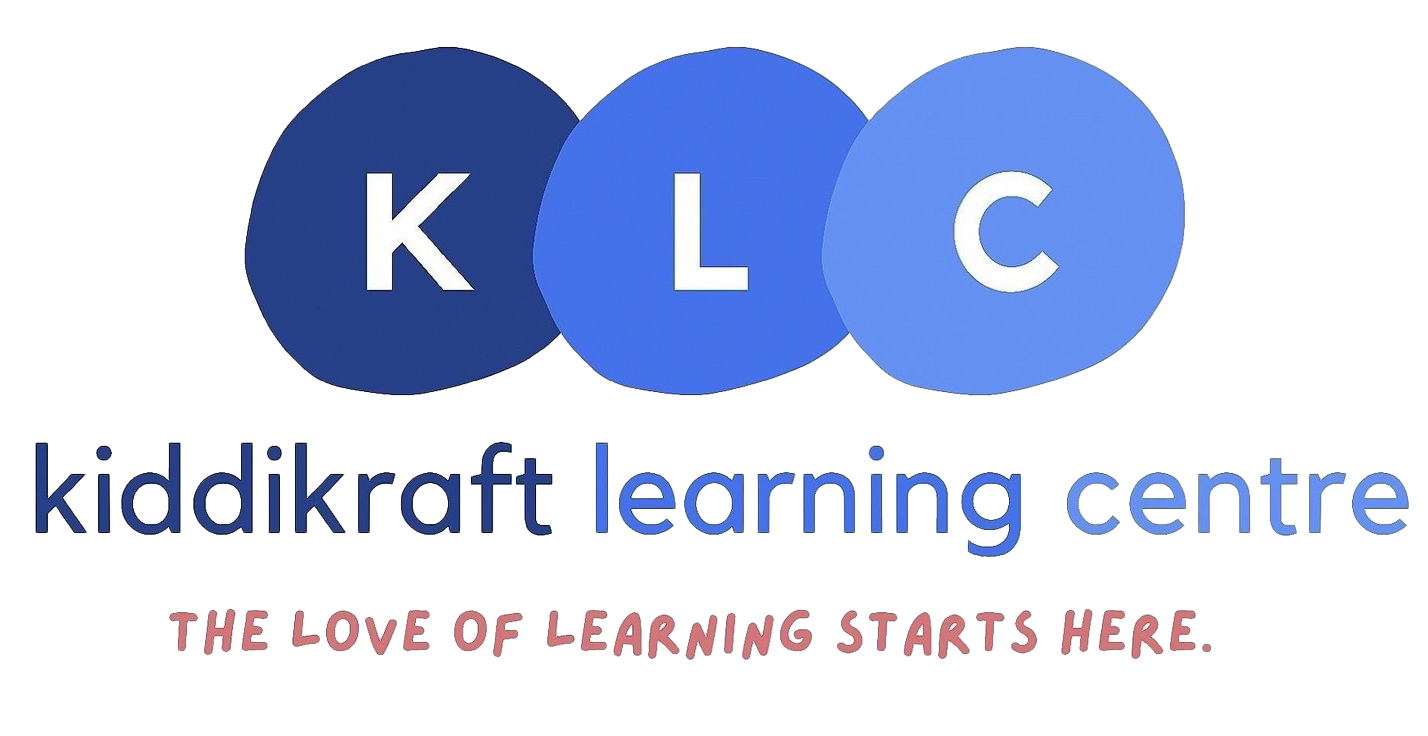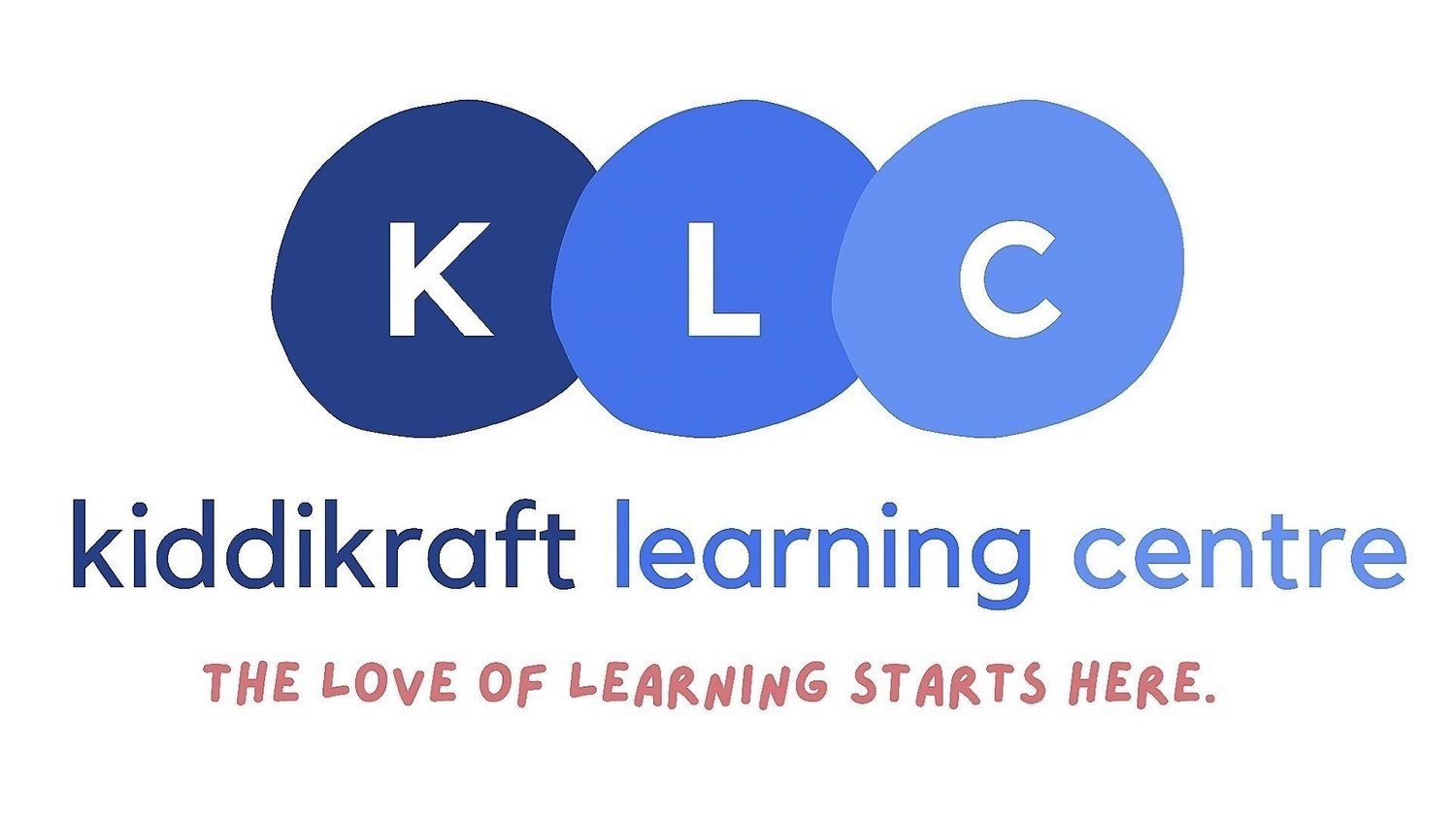Mindfulness for Children: Cultivating Inner Peace
Introduction:
In today's fast-paced world, mindfulness offers children a powerful tool for cultivating inner peace, managing stress, and enhancing overall well-being. By teaching children to be present in the moment and pay attention to their thoughts, feelings, and sensations without judgment, parents can empower them to navigate life's challenges with clarity and resilience.
Practising Mindful Awareness:
Encourage your child to practice mindful awareness by engaging in simple mindfulness exercises such as deep breathing, body scans, or mindful listening. These exercises help children become more attuned to their thoughts and feelings, reduce stress, and promote a sense of calm and relaxation.
Cultivating Gratitude and Compassion:
Mindfulness teaches children to cultivate gratitude and compassion by fostering awareness of the present moment and appreciation for the people and experiences in their lives. Encourage your child to notice the beauty and wonder of the world around them and to express kindness and compassion towards themselves and others.
Managing Emotions:
Mindfulness empowers children to manage their emotions more effectively by teaching them to observe their thoughts and feelings without reacting impulsively. Encourage your child to identify and label their emotions, practice self-regulation techniques such as deep breathing or progressive muscle relaxation, and approach challenging situations with a calm and clear mind.
Building Resilience:
Mindfulness helps children develop resilience by teaching them to respond to adversity with equanimity and compassion. By cultivating an attitude of acceptance and non-judgment, children learn to bounce back from setbacks and approach challenges with a sense of openness and curiosity.
Incorporating Mindfulness into Daily Life:
Encourage your child to incorporate mindfulness into their daily routine by setting aside time for formal mindfulness practices and integrating mindfulness into everyday activities such as eating, walking, or playing. By making mindfulness a natural and integral part of their lives, children can experience the benefits of greater presence, clarity, and peace.
Conclusion:
Mindfulness is a valuable skill that empowers children to cultivate inner peace, manage stress, and enhance overall well-being. By teaching children to be present in the moment, cultivate gratitude and compassion, manage their emotions, build resilience, and incorporate mindfulness into their daily lives, parents can equip them with the tools they need to thrive in an increasingly complex and challenging world.

